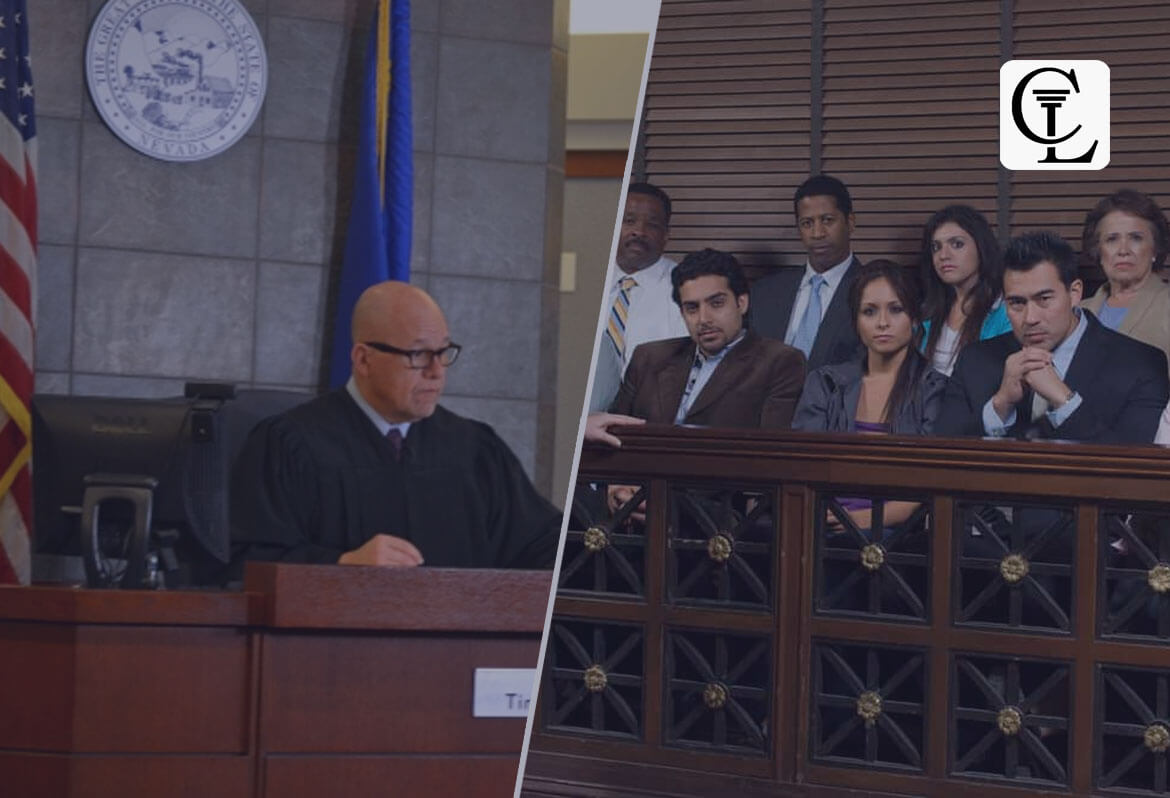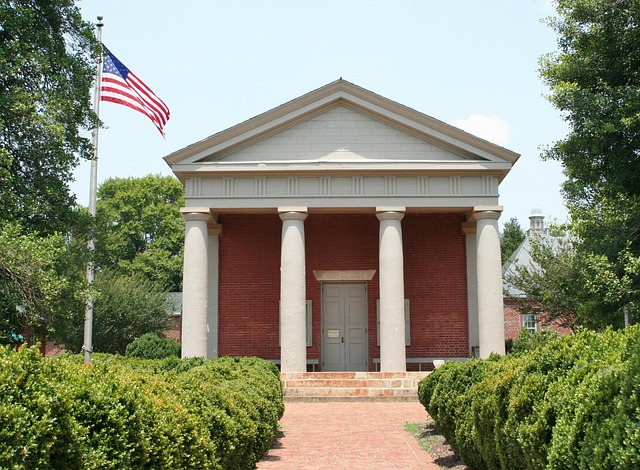The U.S. and the Massachusetts Constitutions provide a criminal defendant with the right to a trial in front of a jury. In a jury trial, a number of people from the community are chosen to decide the facts of a case, and ultimately whether a person is guilty or not guilty. However, for a number of reasons, a person may want to elect to have a trial without a jury, and only in front of a judge who would decide their guilt.
There are certain possible advantages to a bench trial, depending on the unique situation. For example, a jury may be more swayed by emotional aspects of a case, or struggle to separate legal conclusions about what happened from their inherent sympathies.
Moreover, a bench trial requires only one person to be convinced as opposed to a unanimous agreement by six or twelve people. This, of course, cuts both ways.
In some courts electing a bench trial can speed up a case, as it can generally be heard in a shorter time, and takes less court resources to accommodate.
Different judges and different courts handle requests for bench trials in different manners, so it is important to have an attorney who knows what kind of procedures are required in a specific court. Because of the different nature of bench trials and jury trials, there are different strategies that are used for each different type of trial. A skilled litigation attorney is key in being able to handle either type of trial in order to best represent a client’s needs.








